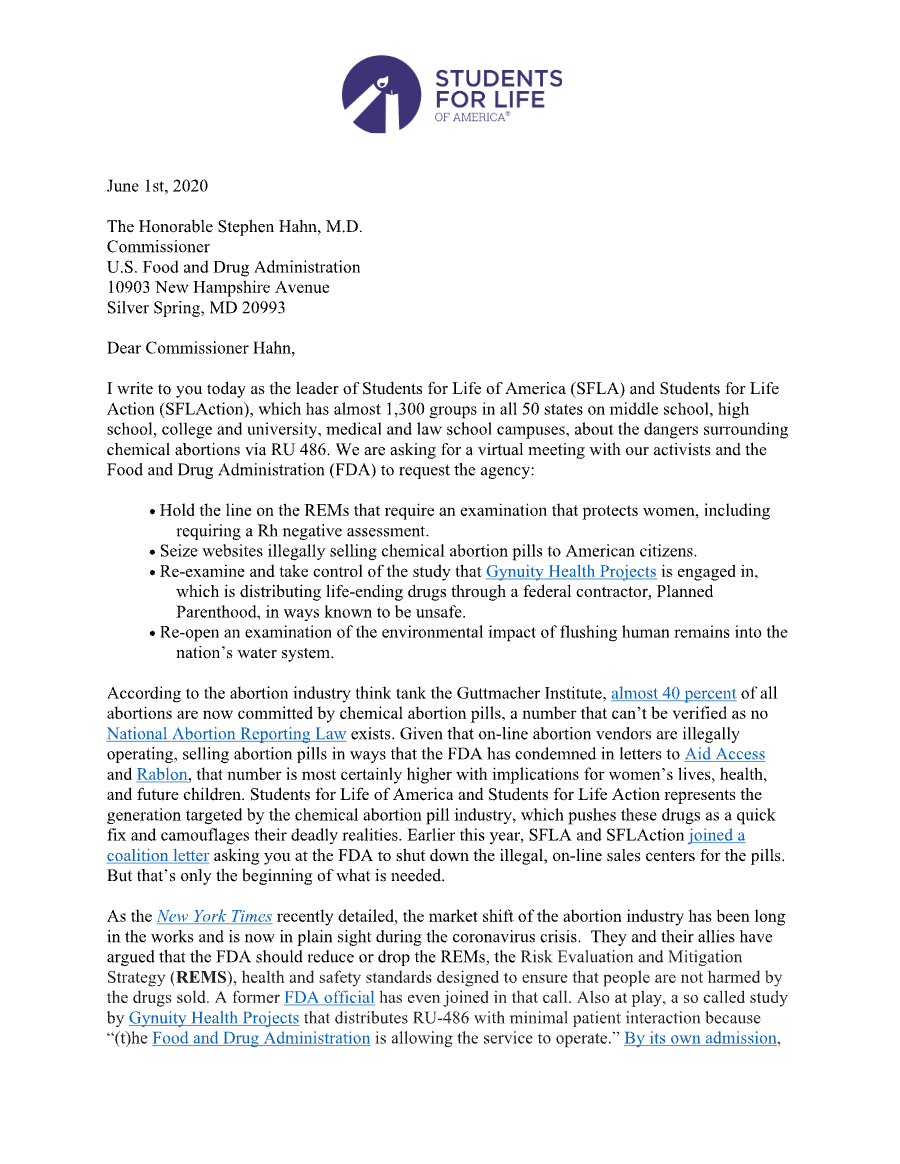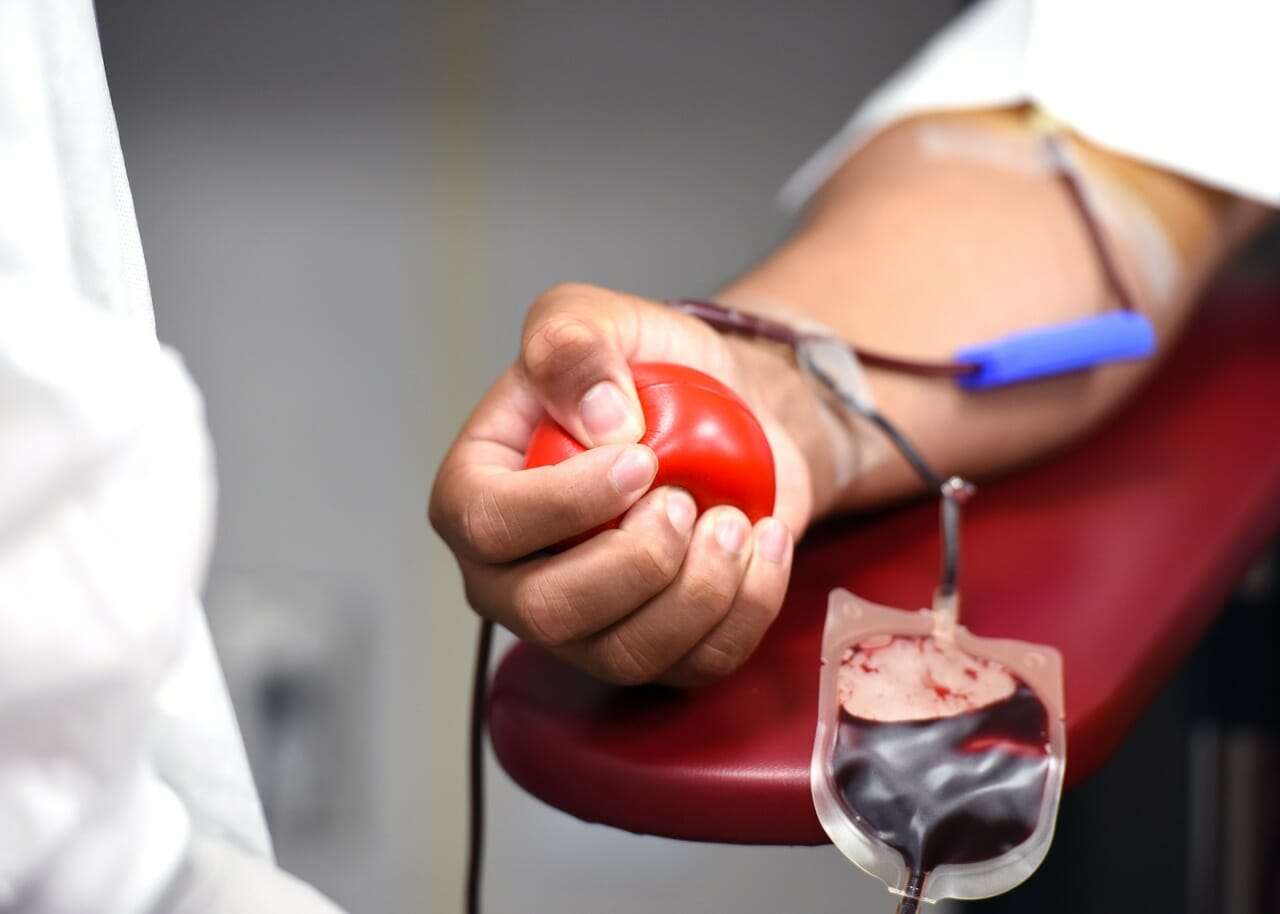
GUEST POST: James Harrison no longer donates blood. But there are children alive today because of his life-time commitment to give. At 86, he was required by Australian regulations to stop blood plasma donations since the age of 81. For the 60 years before that? Harrison donated blood regularly. Over his lifetime, Harrison donated 1,173 times, making his last donation on May 11, 2018.

Those donations were lifesaving. All blood donations can be lifesaving, as Harrison knows from personal experience. At the age of 14, Harrison became seriously ill. One of his lungs collapsed, requiring extensive surgery and blood transfusions. During his hospitalization, Harrison received 13 units (almost two gallons) of blood.
He realized that the donated blood of anonymous people he would never meet had saved his life. Harrison committed himself to donating blood once he reached 18, the required age at that time.
Once he started donating, doctors made an exciting discovery.
Harrison’s blood donations were special and had the potential to save the lives of millions of preborn babies. Because of the donated blood he received when undergoing chest surgery, Harrison had developed antibodies, specifically the rare Rh (D) immune globulin.
This antibody is needed for someone with Rh-negative blood to receive Rh-positive blood. At the same time Harrison began donating every three weeks, doctors in Australia were working to find a treatment for the potentially fatal condition known as Rh incompatibility. This condition occurs when a mother who is Rh-negative is pregnant with a child who is Rh-positive. In some pregnant mothers in this scenario, the mother’s antibodies attack the red blood cells of the baby, a condition known as haemolytic disease of the newborn (HDN).
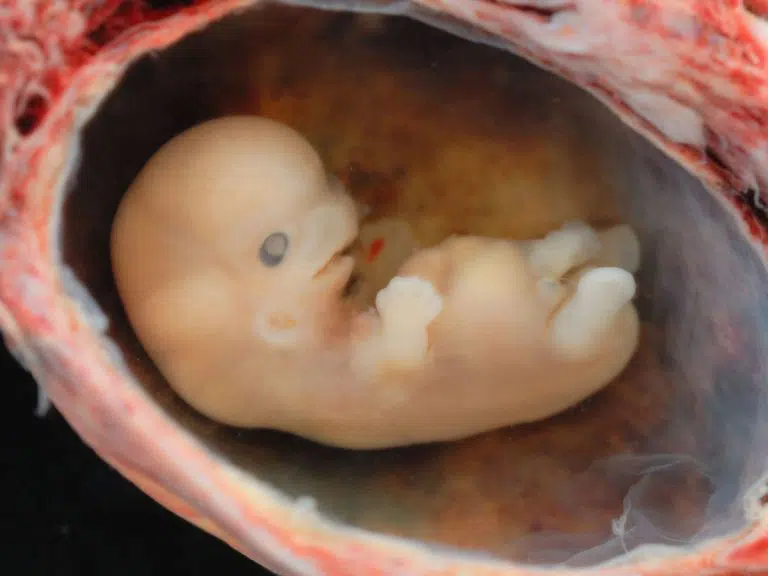
As doctors tried to figure out a way to prevent this potentially fatal reaction, they found the rare antibody that did just that in Harrison’s blood. He then became one of the founding donors of the New South Wales Rh Program. While Harrison is not the only person with these antibodies, his were unusually concentrated.
The antibodies extracted from Harrison’s blood and the blood of other donors with Rh (D) immune globulin can be used to create an immunoglobulin-based injection given to pregnant mothers who are known to be Rh-negative and are carrying a child who is Rh-positive.
After his decades of regular blood plasma donations, Harrison has contributed enough of this rare antibody to save the lives of an estimated 2.5 million babies! His prolific donations and unique contribution has earned him the title of the “man with the golden arm” and landed him in The Guinness Book of World Records.
As Harrison has had to retire from donating, he encourages other people to become blood donors. There is currently enough of the needed antibodies to meet demand in Australia, but that will remain the case only if selfless people like Harrison continue to donate.
Harrison says he hates needles and has never once watched the needle go into his arm. No small feat for the man who has given blood well over 1,000 times!

The medical history surrounding “the man with the golden arm” raises interesting questions as doctors continue to improve and expand the lifesaving potentially of care for babies before birth.
Sadly, medical “professionals” too often give up on vulnerable babies that need life-saving treatment, telling mothers their babies are “incompatible with life”?
Any mother who has received any indicator of a potential genetic defect on an ultrasound or blood test in pregnancy knows that “termination” is usually quickly offered as an option. Since the overturning of Roe v. Wade, the casual suggestion of abortion when someone deems a child imperfect, is being challenged. Some states have passed stronger protections that ensure babies, even babies who might have health issues, are protected in the womb.
Harrison’s amazing story shows how selflessness and medical ingenuity have the power to transform the treatment of preborn babies and save an untold number of lives. Abortion—the violent destruction of an innocent human life—does not treat any medical condition or save any lives. If we refuse to compromise on protecting life, how many more discoveries will lead to improvements in outcomes for mothers and babies?
Share this post
Recent Posts
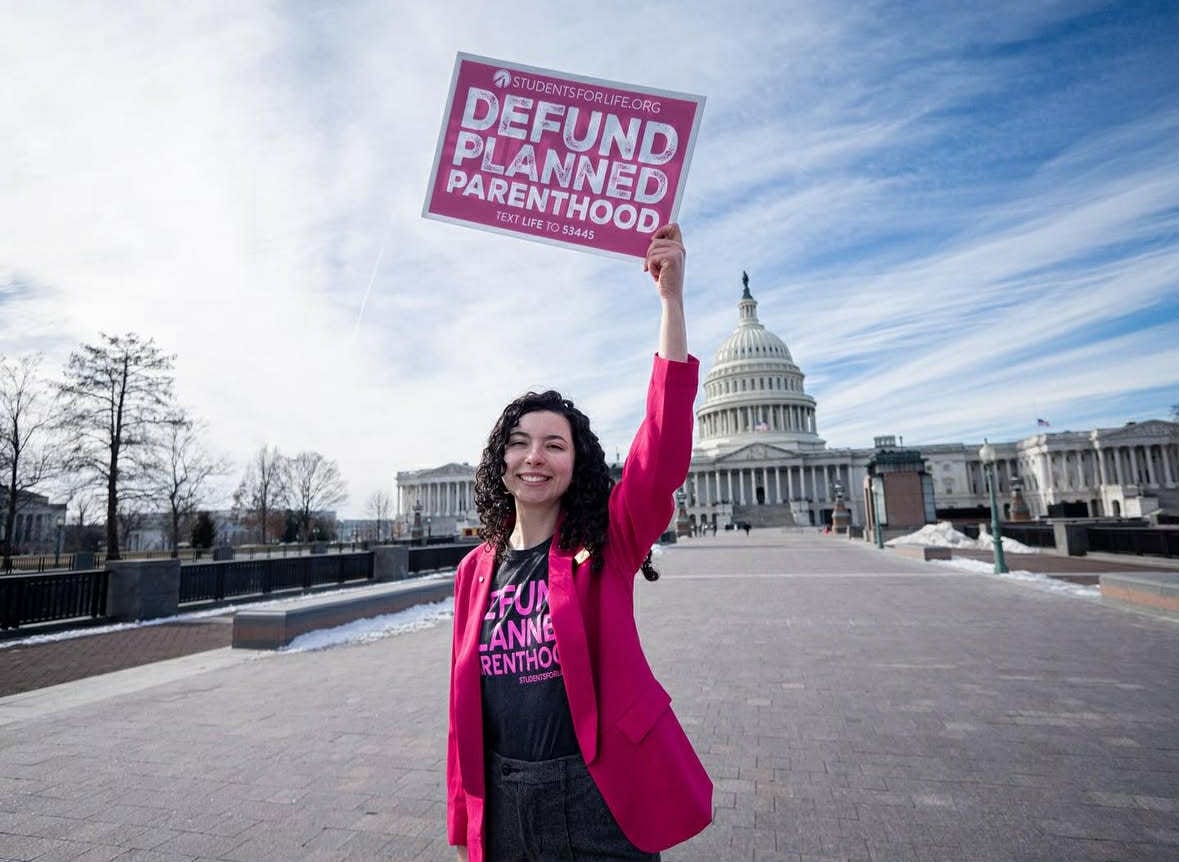
The “Little” Moments That Make a Big Impact: How Being a Regional Coordinator Fuels My Pro-Life Passion
14 Jul 2025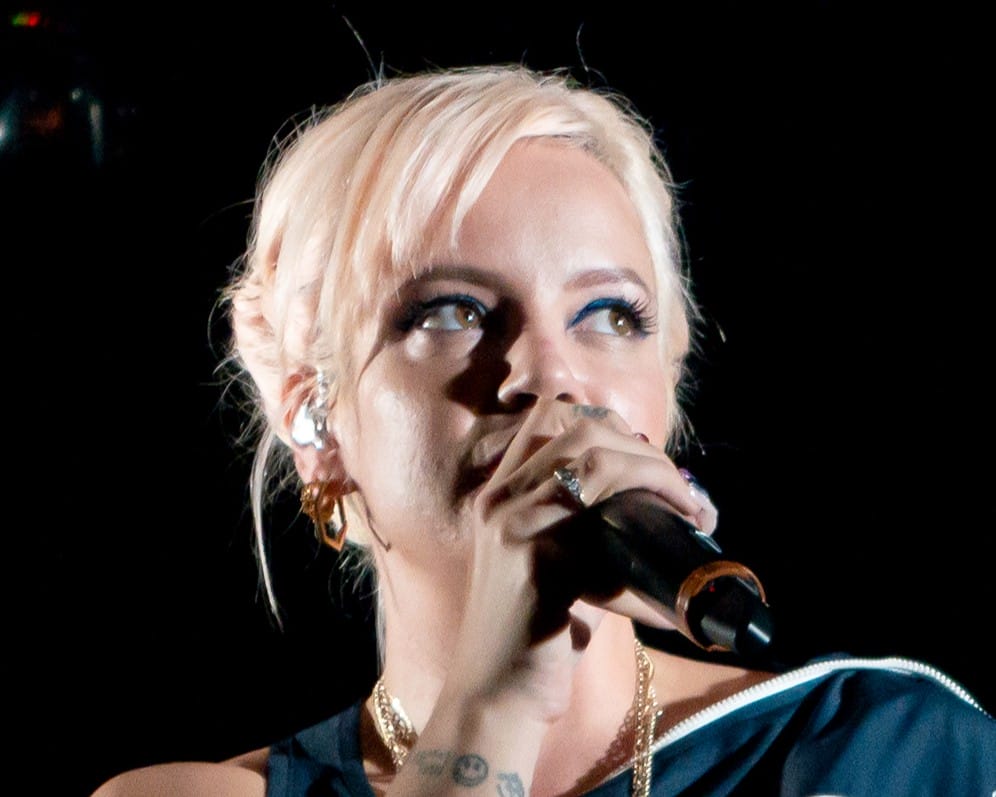
Abortion Brags from Lily Allen & Hat from Cynthia Nixon Enrage Even Pro-Choice Americans. Can the Pro-Life Generation Take Some Credit?
11 Jul 2025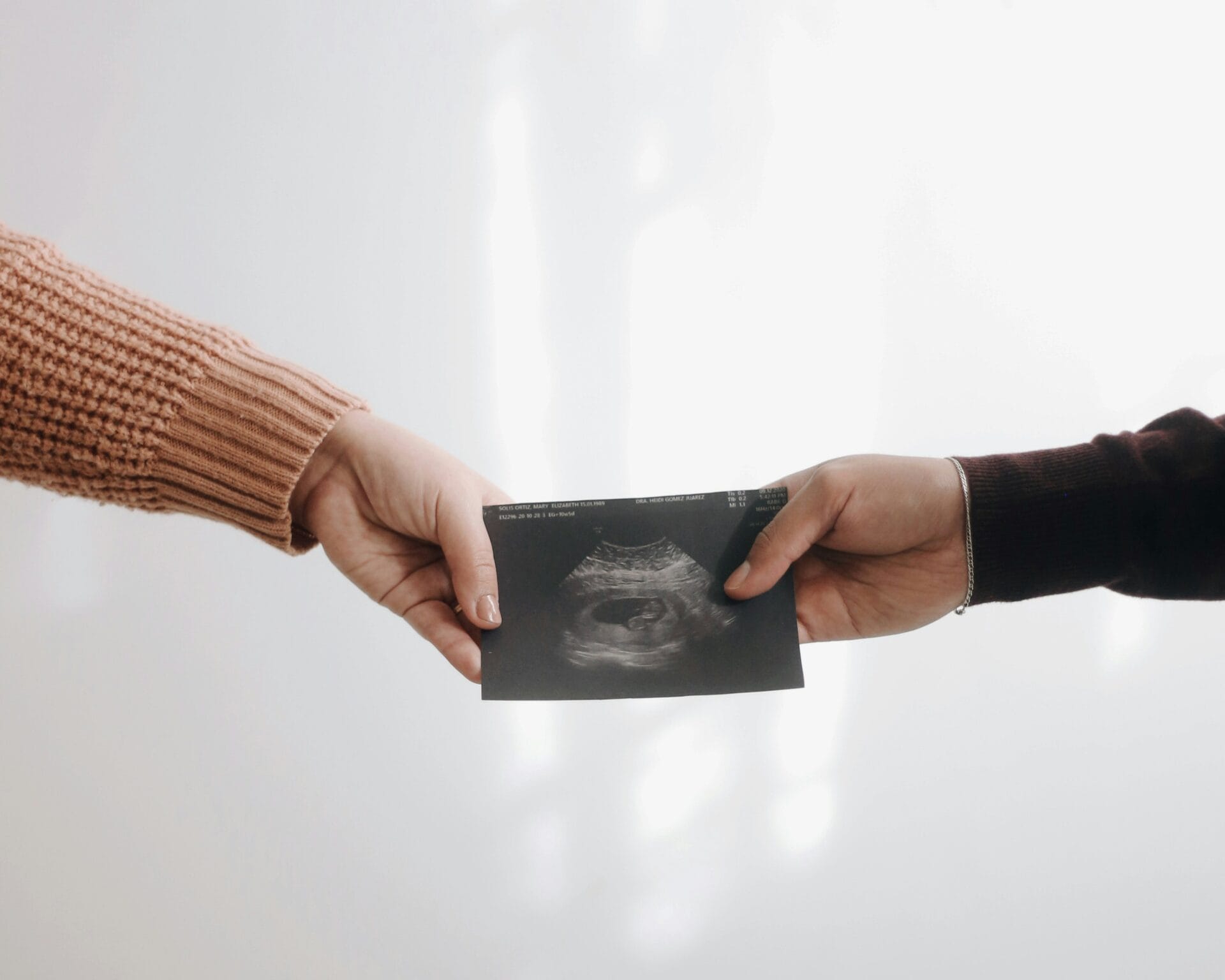
Young Mom Prayed for God’s Hand on Her Child – At Her Ultrasound Appointment, THIS Happened
11 Jul 2025